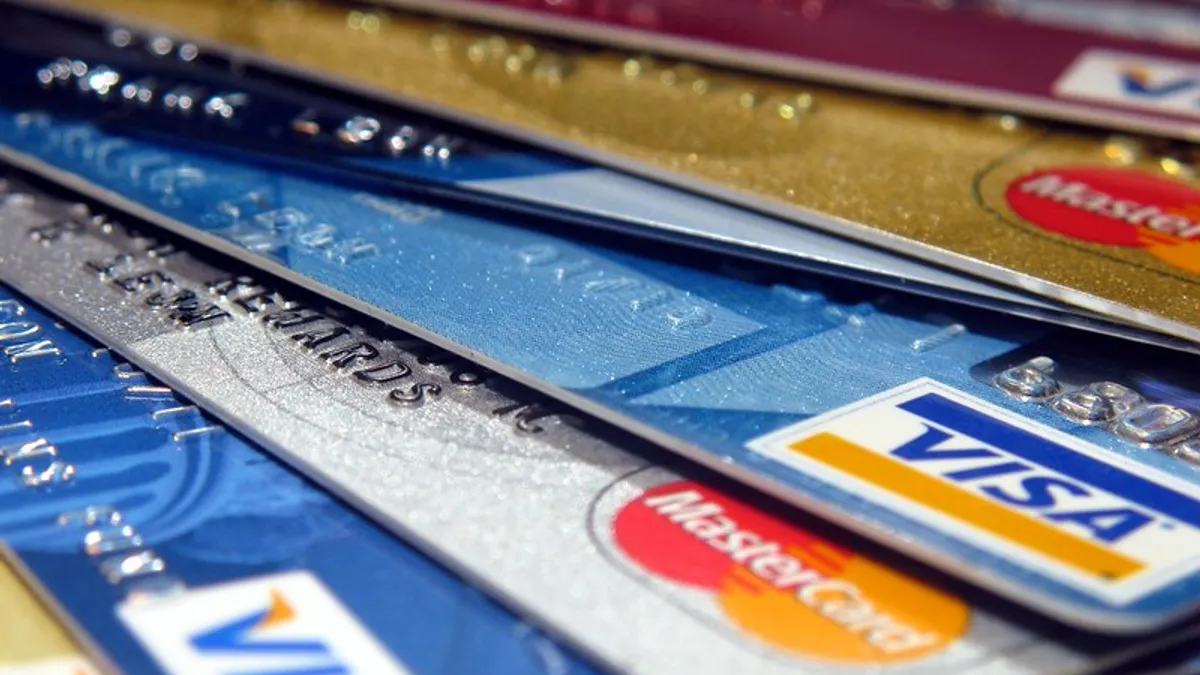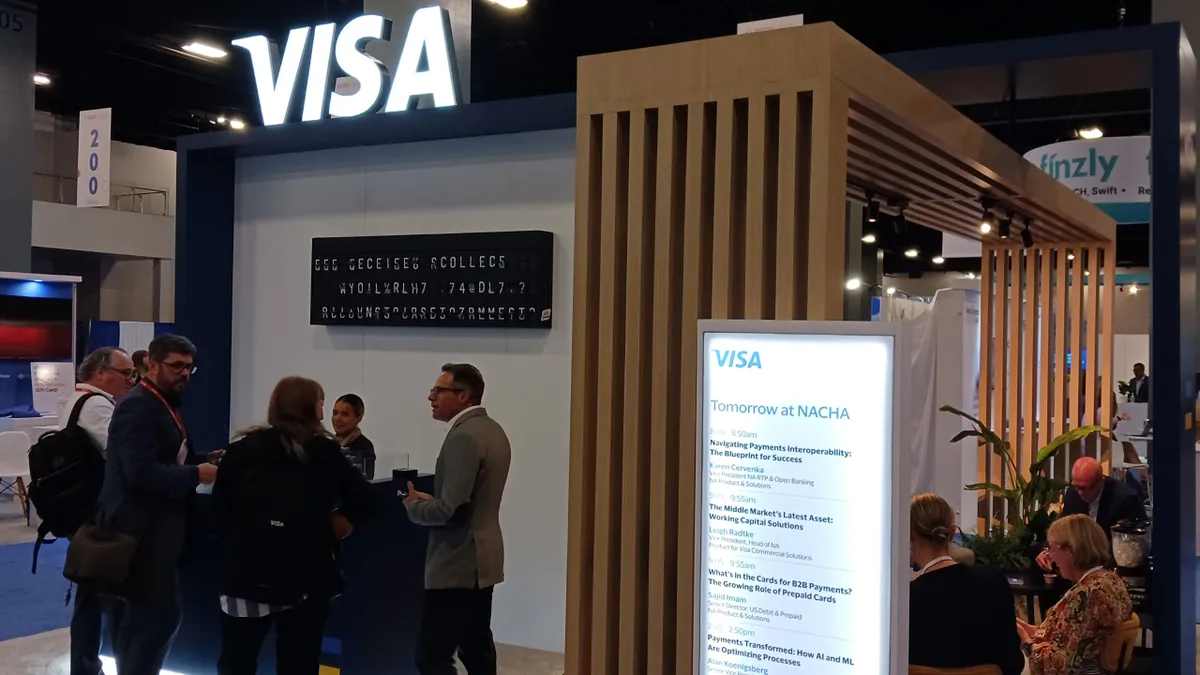Ravieshwar Singh is a lawyer from Brooklyn, New York whose firm, Protocol Law, specializes in work for fintechs. He has provided services for clients that include Mastercard.
The recent news that Capital One would buy Discover in a $35 billion deal sent shockwaves through the payments industry, with some critics arguing that the merger would reduce competition and harm working people.
Although the Department of Justice will thoroughly examine the effects of the merger before the deal is approved, a preliminary analysis provides evidence that the acquisition may give Discover a much-needed boost against Visa and Mastercard in the battle for market dominance in tokenization and digital payments.
Tokenization, or the process by which a credit cardholder’s primary account number (“PAN”) is replaced by a unique surrogate value to conduct digital payment transactions, has exploded in popularity over the past decade. Tokens prevent fraudsters from stealing a cardholder’s primary account number when they make a purchase by limiting the use of the card member’s information to specific merchants, instances, or devices.

In 2022, Visa announced it had issued more than 4 billion network tokens worldwide, exceeding the number of physical cards it had in circulation at that time. In 2022, the number of tokenized transactions was expected to surpass 1 trillion globally by 2026, a 58% increase over four years, with a market size of $6.5 billion by 2028.
Each of the major card networks in the United States offers services whereby a third party like a merchant or payment gateway can request tokens to be generated for a cardholder’s PAN. For example, Mastercard enables tokenized payment credentials to be stored on a mobile phone and used for payments through third-party wallets like Google, Samsung Pay or Apple Pay. And Discover offers its own tokenization solution.
However, not all tokens are treated the same, and merchants that use non-network tokens to process transactions may be charged higher fees by the payment network. For example, Visa has charged non-network token transactions at a higher rate than those that are processed using the Visa network token.
The Department of Justice had conducted an investigation last year into Visa’s policy of charging merchants more for not using its tokenization system.
The networks themselves may also request tokens from each other. Visa and Mastercard support cross-network tokenization for payments made with the other’s digital wallets. Although there are other providers and types of tokenization, there are benefits to using network tokens, like enhanced security and improved authorization rates. Therefore, it is highly likely that the card networks will continue to seek to enhance their token services to meet the rising demand for their tokens.
It's in the tokenization space where Discover may be able to benefit the most from the Capital One investment. Discover’s credit card market share was just 4% as of 2022.
As the third-largest issuer of Visa and Mastercard credit cards in the U.S. comprising 10% of U.S. credit volumes, Capital One could shift card volume to Discover’s network, increasing the likelihood that third parties and merchants will seek to request its tokens.
Capital One had already rolled out a virtual card number service and could leverage its resources to offer such benefits to the Discover token service. Although very similar, virtual card number offerings function more like traditional physical cards.
Capital One is also uniquely positioned to provide its own digital wallet, which it is building in conjunction with Wells Fargo, Bank of America, JPMorgan Chase and other banks, to be managed by the company that operates the payments tool Zelle.
Similar to the way that Visa and Mastercard support cross-network tokenization for their digital wallets, Capital One/Discover could further develop its wallet, becoming an important source for token requests from other parties seeking to process transactions in the payment ecosystem. It could also compete with partnerships like the one between JPMorgan and Visa, which aim to service their merchant customers.
To be sure, the merger may not significantly dent Mastercard and Visa market shares, particularly overseas, where Discover and American Express acceptance rates lag. And state and federal regulators may continue their investigations over the ways that the networks charge fees for their tokens over other non-network tokens, resulting in slower investment while there is regulatory uncertainty.
But the merger at least raises the possibility that there won’t be two card networks that dominate the future of tokenized transactions, and consequently, digital payments generally. At a minimum, Discover may be able to ensure higher acceptance rates, better fraud protection, and more offerings that leverage tokenization across devices and wallets.
For the sake of giving Americans easier ways to make payments, that’s probably for the best.


















